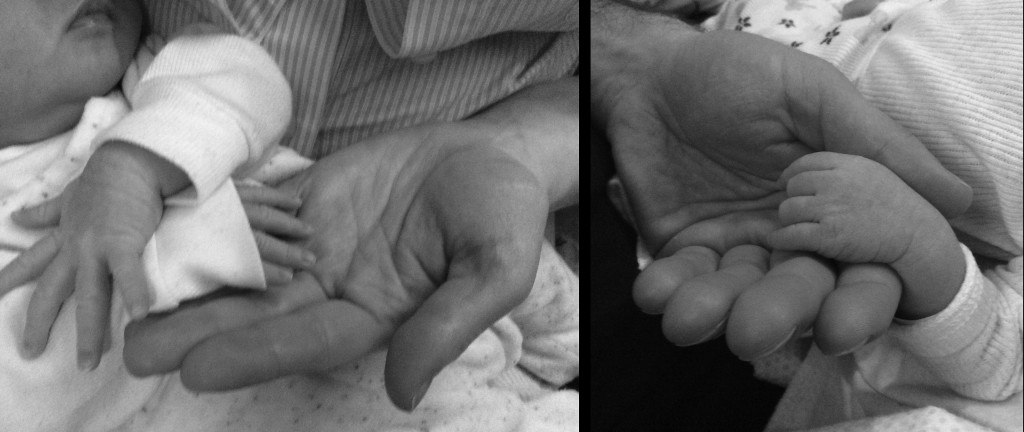You know
Everybody was a baby
Einstein, Freud and Plato too
Hitler, Bush and Saddam Hussein
With much and little money too
You know
Everybody had a childhood
Mohammed was once a child
Archimedes, Buddha, Galileo
As well as you and me (…).
— Arnaldo Antunes, “Saiba”, 2004
The first fifteen years of the twenty-first century were marked by tensions between the advance of democratic freedoms and the maintenance of a rigid colonial, slavery and elitist system. Thus, on the one hand, there is a legislation that recognises rights and an array of public policies aiming at becoming effective and, on the other, there are countless resistances. After all, it is accompanied by a social and monetary cost: old privileges turn into rights and are no longer social hallmarks.
In real terms, Brazil managed to guarantee that, in the past 25 years, a substantial portion of its population has been granted rights that advanced European states conquered in the course of the past two centuries. Comparing to its history, there has been an increase in schooling rates, in vaccination coverage, in child mortality and in literacy; all an effort to reach the dreamt of equality. This is what the constitution imposes, this is what the organised civil society claims.
However, there are matters that go beyond the boundaries of the universal policies, in theory, applied to everyone. The traditional people – indigenous and slave descendants from the quilombos – have been organising so as to preserve the singularity of their different forms of life. There have been fights over the demarcation and regularisation of territories, over the right to education in traditional languages and against the violence practiced by landowners.
In a nutshell, contemporary Brazil is a country of great contrasts, which can be translated into the maintenance of historical inequalities. The treatment of the childhood may be taken as a strong indicator of such contrasts. Very small children follow their parents in their unregistered jobs such as the collection of recyclable material and the itinerant commerce, which shows evidence that the most vulnerable are still lacking kindergarten and pre-school. Others turn the maternal jail into their own home.
Meanwhile, in a broader sense, the experience of procreation has turned into ostentation and consumerism by having the child a mere means to an end. Disregarded as a person, this child is seen as a potential, but not as a human-being in the present. Their future shall be grand, which is the reward of great investments in expensive schools, language courses and trips. This infallible recipe does not give rise to frustration, all desires are to be fulfilled. Spoiled and idolised, these children have at hand a myriad of professionals and workers, but many lack the boundaries taught by family, which is paramount for a healthy social life.
On the other hand, groups emerge discussing and fighting for the end of the obstetric violence, defending a more humane birth, favouring the woman as a protagonist at birth. New perspectives about childhood lead to new conducts regarding its care and the role of the family, which is also being redefined according to its composition. It is being discussed, however still strictly, strategies to take the children away from consumerism, promoting habits of a more collaborative lifestyle, as well as a movement towards a healthier diet. This debate establishes a dialogue with other debates regarding the model of food production based on organic and family agriculture and exploration of natural resources as opposed to the agribusiness.
Not knowing what the future holds, it is necessary to realise the immense present challenges. The worsening of the economical crisis has made the country cut investments in social inclusion policies. This may be a route to regression, redirecting and deepening the inequalities, which, in turn, tends to amplify social tensions and violence. On the one hand, the very rich; on the other, those who aspire (by miming) to wealth and the poor.
In the sixth chapter of Childhood of Brazil, José Aguiar unravels this scenario. Making an effort to be short, this narrative exposes, shocks, leads to reflexion. Our image lies in the mirror, and there is not only beauty to it.
—Claudia Regina Baukat Silveira Moreira is graduated and has a masters in History at Universidade Federal do Paraná. Nowadays, she is professor at Universidade Positivo and is doing her PhD in Educational Policies in the Post-Graduation Program in Education at Universidade Federal do Paraná.


